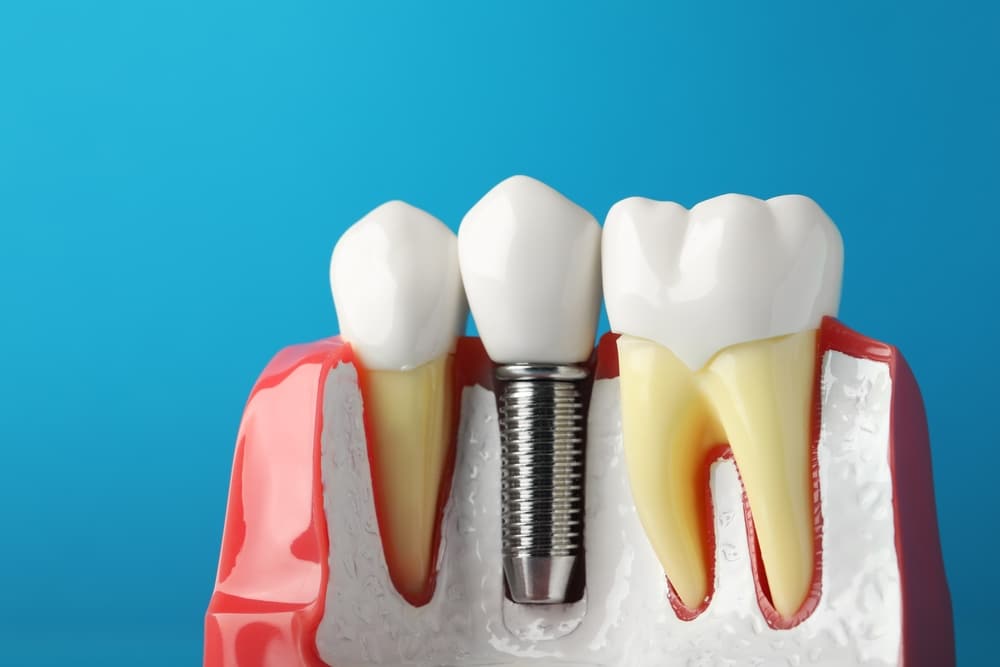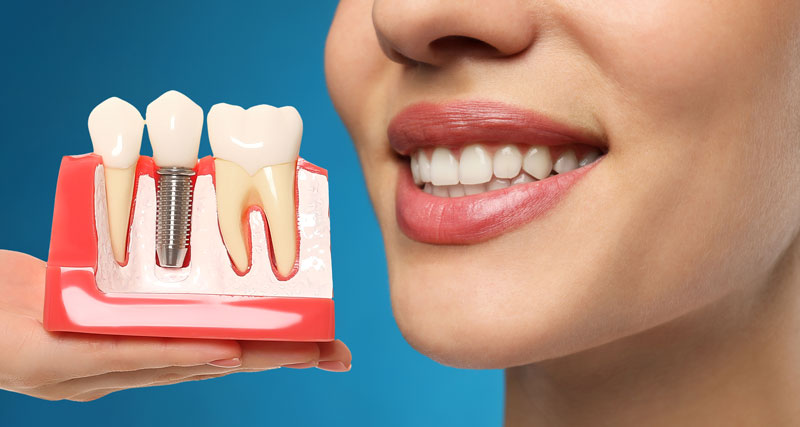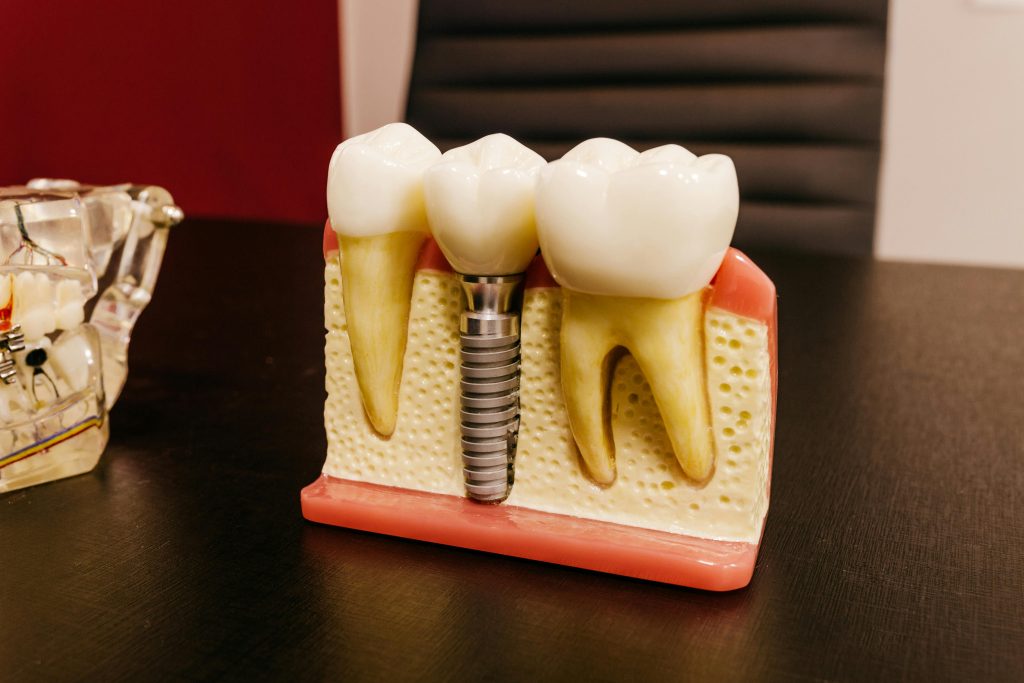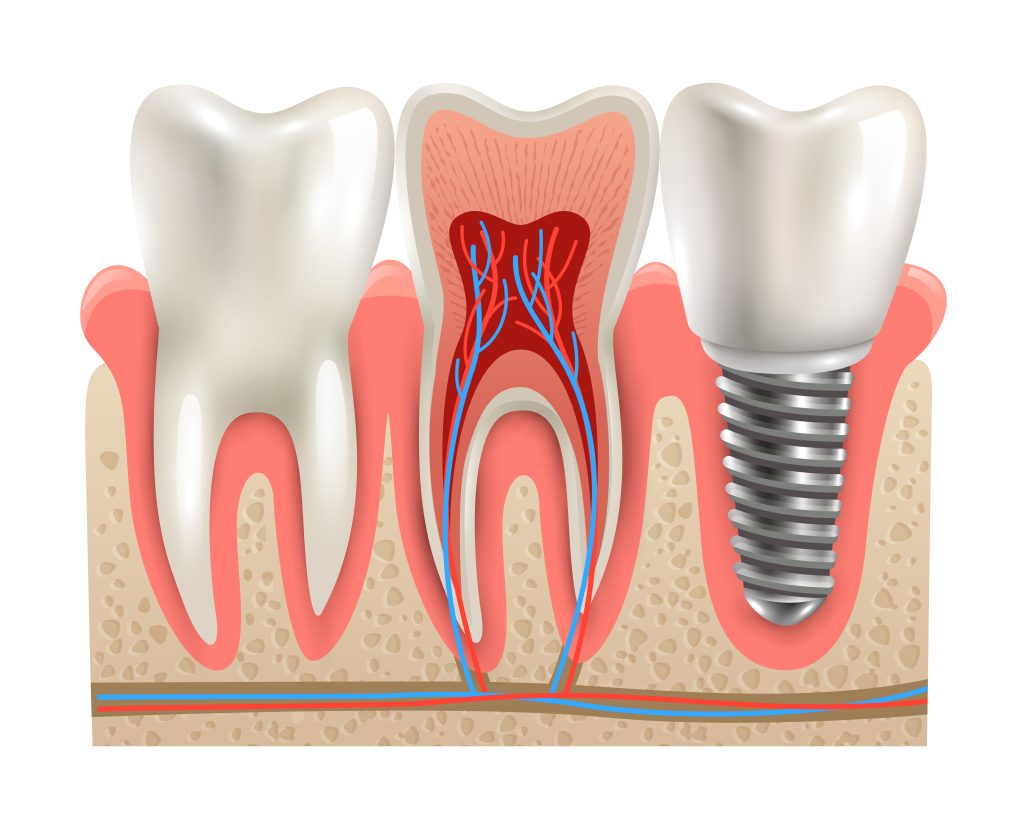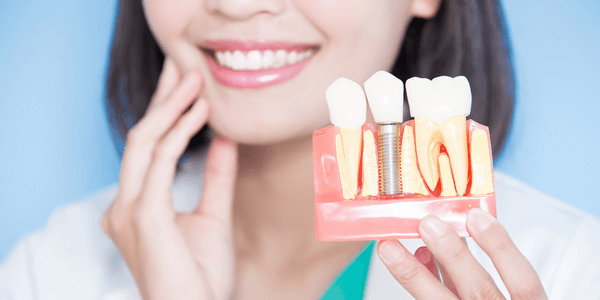
When it comes to dental implants, proper aftercare is essential for ensuring the longevity and success of your implants. Following dental implants aftercare guidelines can significantly impact healing and the overall health of your mouth.
The first 24 to 48 hours after implant surgery are critical for proper healing. Applying an ice pack for 20 minutes every hour and taking prescribed medications (like amoxicillin antibiotics and 400mg ibuprofen every 8 hours) can reduce swelling and pain by 60%. Avoiding tobacco and hot beverages for at least two weeks is equally important, as these can triple the risk of implant failure. These immediate care steps create the foundation for successful osseointegration.
In this blog, we’ll discuss everything you need to know about dental implants aftercare and why it’s crucial for the success of your treatment. We’ll cover all the essential dos and don’ts to help you properly care for your new implant during the healing process and beyond.
Immediate Dental Implants Aftercare
The first 24 hours after your implant surgery are crucial for successful healing. Gently bite on sterile gauze for 30-45 minutes to control bleeding, and use cold compresses (20 minutes on, 20 minutes off) to reduce swelling by approximately 50%. For the first 72 hours, take the prescribed antibiotics every 8 hours and ibuprofen 400mg every 6-8 hours as needed, while sticking to a cold, soft diet and keeping your head elevated. Avoid rinsing, spitting, or using straws to protect the blood clot.
Contact D’Amico Dental Care immediately if you experience heavy bleeding, uncontrolled pain, fever over 38°C (100.4°F), or swelling that worsens after 48 hours.
At D’Amico Dental Care, we provide comprehensive support during your implant recovery, including 24/7 emergency access and personalised guidance. Remember to sleep with an extra pillow to elevate your head (reducing swelling by 30%) and avoid strenuous activity for optimal healing. The dental implants aftercare taken in the first few days significantly contributes to the long-term success and comfort of your implant. Our team is always available to address any concerns you may have during your recovery journey.
Post-Op Pain and Swelling Management
Proper pain and swelling management during the initial 72 hours significantly impacts your recovery. Research indicates that applying an ice pack for 20 minutes every hour (with 20-minute breaks) in the first 24 hours can reduce swelling by 40-50%. Taking 400mg ibuprofen every 6-8 hours effectively controls both pain and inflammation. Studies confirm that starting pain medication before the anaesthesia wears off (typically 2-3 hours post-surgery) can reduce the need for stronger painkillers by 35%, making your implant recovery more comfortable.
After the Third Day:
• Switch to warm compresses to promote circulation
• Begin gentle saltwater rinses (½ teaspoon salt in warm water) every 8 hours
• Continue sleeping with extra pillows (reduces swelling by 25%)
Warning Signs Needing Immediate Attention:
✓ Severe pain persisting beyond 5 days
✓ Swelling that increases after 72 hours
✓ Any signs of infection (pus, fever, or foul taste)
Patients who follow this protocol and adhere to the Dental Implants Aftercare tips experience an average of 50% faster healing.
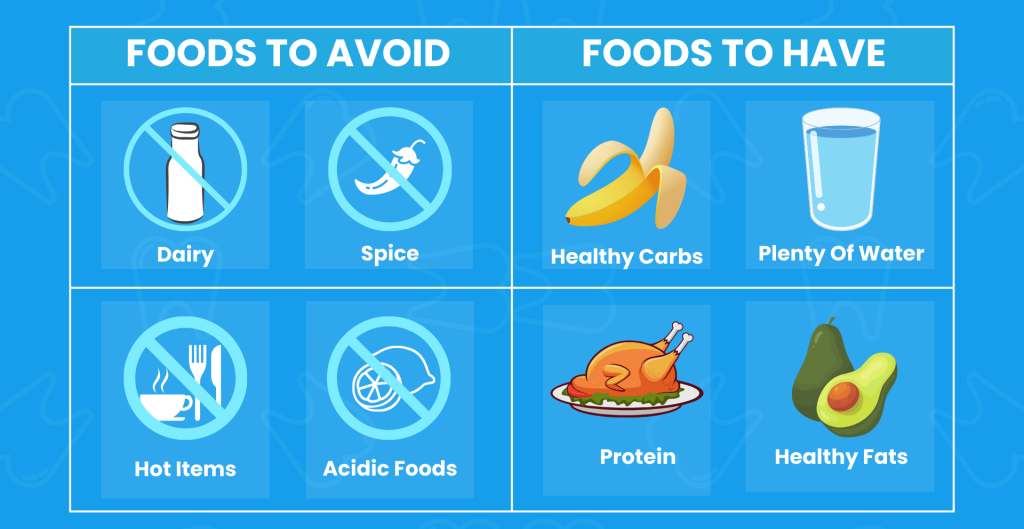
Diet and Activity Restrictions
First 24-48 Hours (Critical Recovery Phase):
• Diet: Consume only cold, soft foods like chilled yoghurt, pudding, lukewarm soup, and mashed potatoes – avoiding hot, spicy, or hard foods reduces bleeding/inflammation risk by 40%
• Beverages: No straws (suction disrupts blood clots) and limit caffeine/alcohol for 72 hours
• Activity: Complete rest – no bending over or strenuous movements
Days 3-7 (Initial Healing):
✓ Gradually introduce warmer, softer foods
✓ Maintain head elevation (even during sleep)
✓ Continue avoiding:
- Exercise/sports
- Swimming pools/saunas
- Hot baths
Why This Matters:
Patients following these protocols experience:
→ 30% faster healing
→ 50% less swelling
→ Lower infection risk
Long-Term Aftercare for Dental Implants
At D’Amico Dental Care, we emphasise that proper daily care is the foundation for implant longevity. Our recommended routine includes using a soft electric toothbrush, implant-specific floss (also known as super floss), and interdental brushes to clean the area around your implant thoroughly. Adding 0.12% chlorhexidine mouthwash 2-3 times weekly can reduce the risk of peri-implantitis by 60%. Research shows that patients following this protocol achieve a 93% success rate after 10 years.
Professional maintenance is just as critical. We recommend bi-annual checkups at D’Amico Dental Care to monitor gum health, bite force, and plaque buildup. Managing systemic conditions like diabetes and making key lifestyle changes—such as quitting smoking and using a night guard for teeth grinding—further protect your investment. With consistent dental implants aftercare, your implants can last decades, keeping your smile healthy and functional.
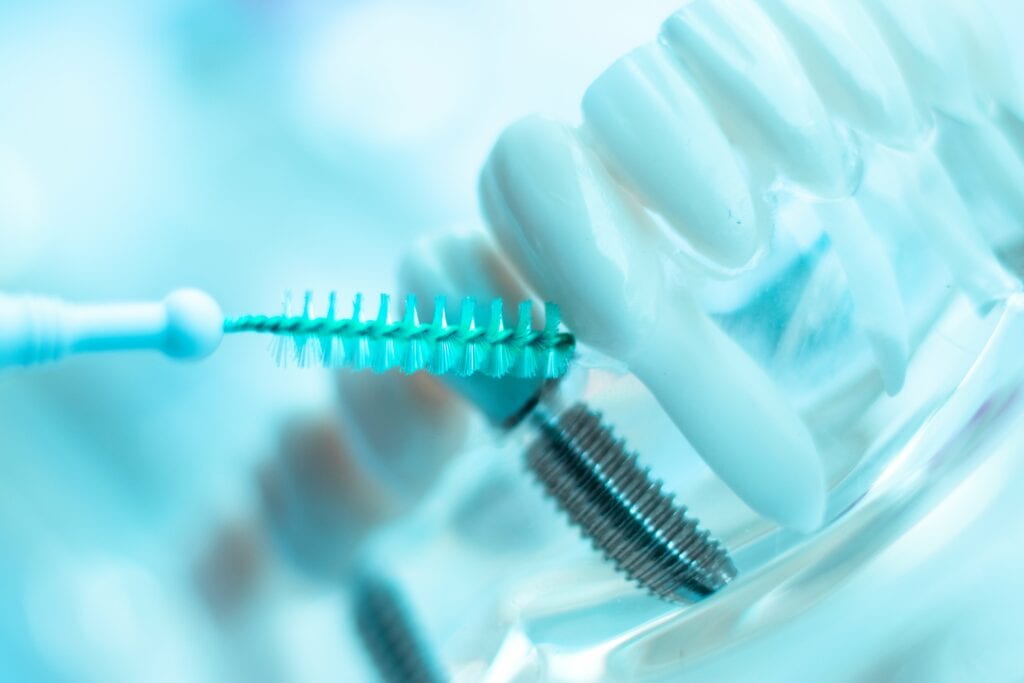
Brushing and Flossing Around Implants
Caring for dental implants requires special brushing and flossing techniques to maintain their health and function. For optimal implant cleaning and care, use a soft-bristled electric toothbrush with non-abrasive toothpaste. Angle it at 45 degrees toward the gumline in gentle circular motions to effectively remove plaque without damaging the implant surface. Studies show that this method reduces bacterial plaque by up to 70%. Interdental brushes (selected in the proper size by your dentist) should be used carefully to clean between implants and adjacent teeth, ensuring thorough plaque removal without excessive pressure.
Daily dental implants aftercare should also include implant-specific floss (Super Floss), which has a stiff end to guide it beneath the gumline for deep cleaning. Move the floss in a “C” shape around each implant to clean all surfaces completely. Research confirms that combining this routine with a 0.12% chlorhexidine mouthwash (used 2-3 times weekly) can reduce the risk of peri-implant gum inflammation by 80%. By following these steps, you’ll protect your investment and keep your implants in excellent condition for years to come. Our dental team is always here to guide you.
Importance of Regular Checkups in Dental Implants Aftercare
At D’Amico Dental Care, we emphasise that bi-annual professional cleanings and exams are essential for protecting your implant investment. Research confirms that patients who maintain 6-month checkups experience three times fewer complications and can extend their implant lifespan by up to 25 years. During these visits, our specialists perform:
✓ Comprehensive implant assessments measuring pocket depth, bleeding, and bone levels
✓ Specialised cleanings using ultrasonic tools and implant-safe instruments
✓ Occlusal adjustments to prevent excessive pressure on your restoration
✓ Early detection of potential issues like loose components or micro-movements
For higher-risk patients (smokers, diabetics, or those with a history of periodontal disease), we recommend quarterly visits (every 3-4 months) to ensure optimal monitoring. These preventive measures not only safeguard your oral health but also reduce future treatment costs by addressing problems before they escalate.

Professional Cleaning and Maintenance
Professional implant cleaning and care differ significantly from regular teeth cleaning. Dentists use specialised plastic or Teflon-coated tools to avoid scratching the titanium implant surface. Research shows this specialised approach can reduce bacterial plaque buildup by up to 80% and minimise the risk of peri-implantitis. During these maintenance visits (recommended every 4-6 months), your dentist not only cleans but also assesses the health of your soft tissues, checks the stability of prosthetic components, and evaluates the proper distribution of chewing forces.
The professional implant maintenance protocol involves several key steps: First, low-pressure water jets remove surface plaque. Then, specialised hand tools are used to carefully clean subgingival deposits. Finally, the implant surface gets polished with gentle brushes and special paste to prevent future plaque accumulation. Studies have shown that patients who follow this protocol regularly achieve a 90% implant success rate after 10 years. This specialised dental implants aftercare is particularly crucial for smokers and diabetics, who face three times higher risks of implant complications.
What to Avoid After Getting Implants
The first 48 hours after implant surgery are critical for proper healing. During this time, it’s vital to avoid hot foods and drinks, use straws, and refrain from spitting to protect the delicate blood clot forming around your implant. Research clearly shows that smoking during this period triples the risk of implant failure, so complete cessation is essential. You should also refrain from chewing on the implant area until your dentist at D’Amico Dental Care gives you specific approval to do so.
For long-term dental implants aftercare, we recommend avoiding hard foods, such as ice or nuts, that could damage your restoration. If you have a teeth-grinding habit, a custom night guard from D’Amico Dental Care is essential to protect your investment. Studies demonstrate that poor oral hygiene, particularly neglecting to use implant-specific floss, can increase your risk of peri-implantitis by 50%. That’s why we emphasise the importance of maintaining excellent daily care and attending regular checkups every 6 months at our clinic to monitor your implant’s health and ensure all components remain in perfect condition.
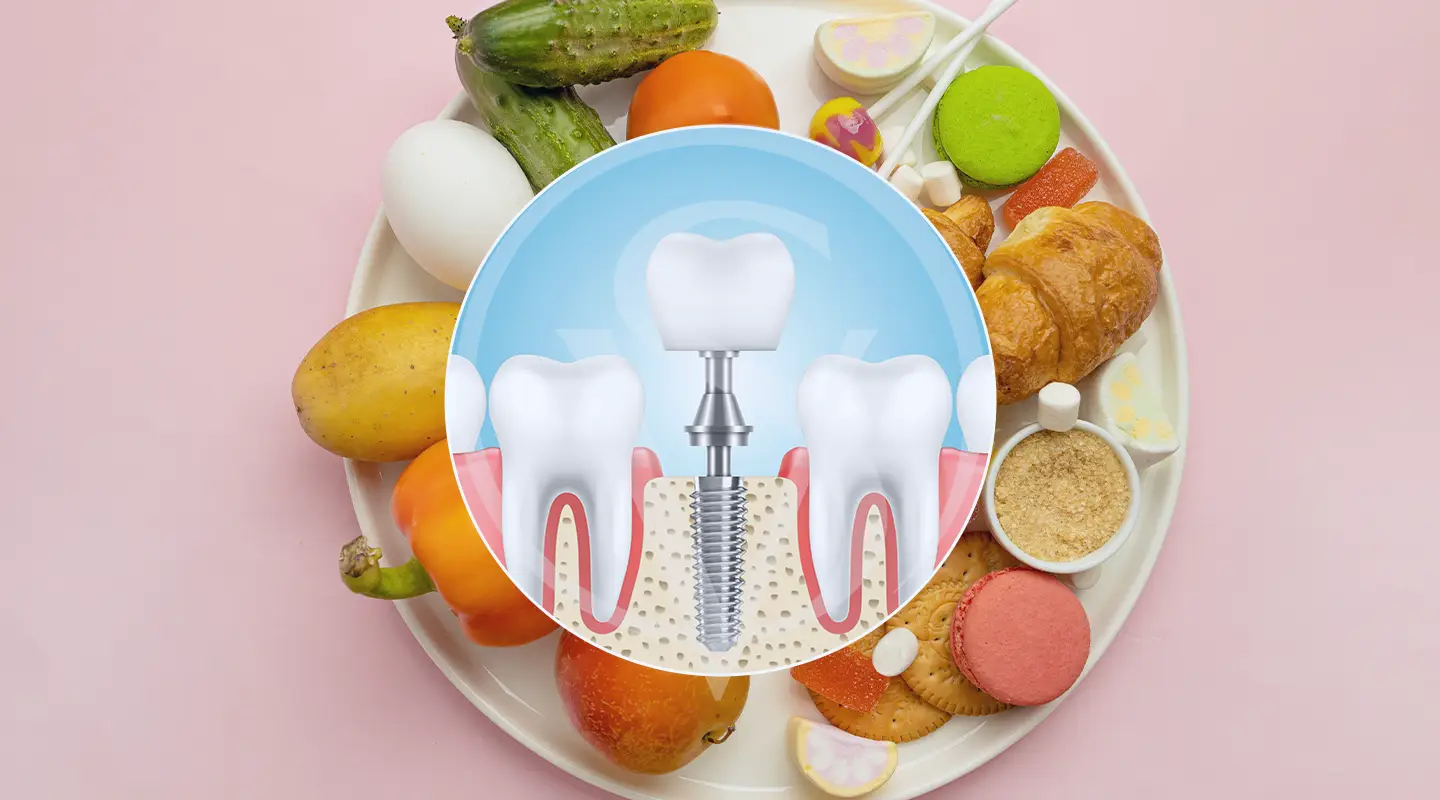
Managing Implant Sensitivity and Discomfort
It’s completely normal to experience some sensitivity after implant surgery, but proper care can make all the difference. Here’s how to stay comfortable during implant recovery:
First 72 Hours:
• Use a cold compress (20 minutes on, 20 minutes off) to reduce swelling by up to 40%
• Take prescribed NSAIDs like ibuprofen 400mg every 6-8 hours to control discomfort
• Sleep with your head elevated on two pillows – this can decrease swelling by 25%
• Avoid brushing the surgical area for the first 24 hours
Dental implants aftercare tips:
• Gently clean the area with a soft toothbrush after the first day
• Use 0.12% chlorhexidine mouthwash twice daily for 2 weeks to reduce inflammation
• Stick to soft foods – avoiding anything hard or sticky helps minimise irritation
• Night guard users: wear yours religiously to protect your new implant
When to Call Us:
If sensitivity persists for more than a week, it may signal an infection or improper pressure on the implant. Don’t wait – schedule a checkup so we can ensure proper healing.
Dealing with Gum Recession Around Implants
Gum recession around implants (peri-implant mucositis) is a common issue that can progress to serious peri-implantitis if left untreated. The main causes include improper surgical technique, excessive biting forces, and inadequate oral hygiene. Studies show that minimally invasive surgical methods and properly designed prosthetics can reduce the risk of gum recession by 40%. For early cases, treatments such as 0.12% chlorhexidine mouthwash and hyaluronic acid gels are effective in reducing inflammation. In more advanced cases, specialised procedures such as soft tissue grafts (with 85% success rates) or collagen membranes become necessary. Regular checkups with a periodontist every 3-6 months are crucial for monitoring gum health and preventing disease progression.
Proper dental implants aftercare from the outset significantly reduces the risk of recession. Bite adjustments and night guards are essential for teeth grinders, while daily gentle implant cleaning and care, using implant-specific tools, prevent bacterial buildup. Research confirms that consistent professional monitoring can prevent 90% of serious complications. If you notice any gum changes around your implant, early intervention makes all the difference in maintaining the long-term success of your implant and preserving your healthy smile. Our team specialises in creating personalised maintenance plans to protect your investment in dental health.
Avoiding Infection Around the Implant
Preventing infection after implant surgery requires strict adherence to hygiene protocols. During the first 48 hours, using 0.12% chlorhexidine mouthwash twice daily can reduce the risk of infection by 50%. Studies show avoiding tobacco and alcohol during this period triples the chances of successful healing, while refraining from touching the surgical site prevents bacterial transfer. Completing the full course of prescribed antibiotics (like amoxicillin) plays a vital role in infection prevention.
In subsequent weeks, meticulous oral care, including soft-bristled brushing and implant-specific flossing, becomes crucial. Research confirms that professional cleanings and biannual dental checkups can reduce the risk of peri-implantitis by 75%. Immediate dental attention is vital if symptoms such as progressive swelling, pus discharge, or bad breath develop. Additionally, managing systemic conditions such as diabetes and osteoporosis helps prevent bacterial infections, thereby ensuring the long-term success of implants. Consistent care from the initial healing phase through long-term maintenance is key to protecting your investment in dental health.

The Role of Diet in Implant Health
Your dietary choices play a crucial role in the healing and long-term success of your implant. During the critical 6-8 week healing period, prioritise nutrient-dense foods rich in protein, vitamin C, and calcium, such as eggs, dairy, fish, and lean meats, to accelerate tissue repair and bone integration. Research indicates that maintaining vitamin D levels above 30 ng/mL can enhance osseointegration by approximately 20%. Additionally, avoiding alcohol and acidic drinks can prevent healing delays. At D’Amico Dental Care, we recommend these nutritional strategies to create the ideal environment for your implant to fuse with your jawbone.
For lifelong implant health, our specialists emphasise an anti-inflammatory diet featuring omega-3-rich foods (such as salmon and walnuts) to reduce the risk of peri-implant disease by 35%. While you can enjoy most foods after healing, we advise caution with extremely hard items, such as ice cubes or hard nuts, that could stress your recovery. Regular consumption of crunchy fruits and vegetables helps naturally clean implant surfaces, while limiting sugary snacks prevents harmful plaque buildup. Remember, your daily nutrition choices at D’Amico Dental Care directly support the durability of your implant and your overall oral wellness for years to come.
source: www.webmd.com
FAQ
- What should I do right after implant surgery?
- Sterile gauze: Maintain gentle pressure for 1 hour
- Avoid spitting: To protect the blood clot
- Ice packs: Apply intermittently (20 minutes per hour) to reduce swelling
- Adequate rest: Essential for the first 24 hours
- Prescribed painkillers: Take as directed
- How should I clean my mouth in the first days?
- First 12 hours: Avoid brushing the surgical area
- Gentle rinsing: With warm salt water after 24 hours (½ tsp salt per cup)
- Soft toothbrush: For other teeth (use carefully)
- Chlorhexidine mouthwash: As prescribed
- Avoid flossing near the surgical site until it has healed
- What foods are appropriate after implants?
- First 24 hours: Cold liquids only (milk, juice, cold soup)
- First week: Soft foods (purees, yoghurt, soft eggs, pudding)
- Avoid:
- Hot foods (first 48 hours)
- Hard, crunchy, or sticky foods
- Carbonated/alcoholic drinks
- Using straws (may dislodge a blood clot)
- When can I resume normal activities?
- Light work: After 24 hours, if feeling better
- Strenuous exercise: Wait at least 1 week
- Smoking: Avoid completely for 2 weeks (ideally quit permanently)
- Air travel: Wait for a minimum of 48 hours
- Swimming/sauna: Avoid for 1 week
- How to care for implants long-term?
- Implant-specific toothbrush: With soft bristles
- Implant floss (super floss)
- Regular checkups: Every 6 months
- Professional cleaning: 1-2 times yearly
- Avoid chewing hard items: Ice, hard candy
- What symptoms indicate implant problems?
- Persistent pain: Beyond 5-7 days
- Worsening swelling/redness
- Bad taste/smell
- Loose implant
- Uncontrolled bleeding
- Numbness lasting >24 hours
- When are follow-up visits needed?
- First visit: 7-10 days post-op for suture removal
- Second visit: 1 month after surgery
- Third visit: After 3 months
- Final visit: At 6 months for permanent crown
- Routine exams: Every 6 months after treatment
- How to maximise my implant’s longevity?
- Complete smoking cessation: Most critical factor
- Control systemic conditions, such as diabetes
- Night guard: If you grind teeth
- Strict adherence to the dentist’s instructions
- Proper nutrition: Calcium/Vitamin D-rich diet
- Avoid unnecessary pressure: On the implant

